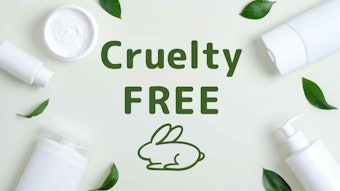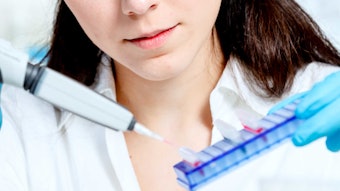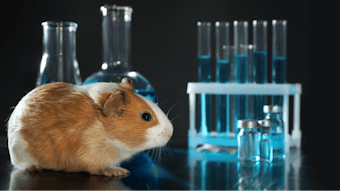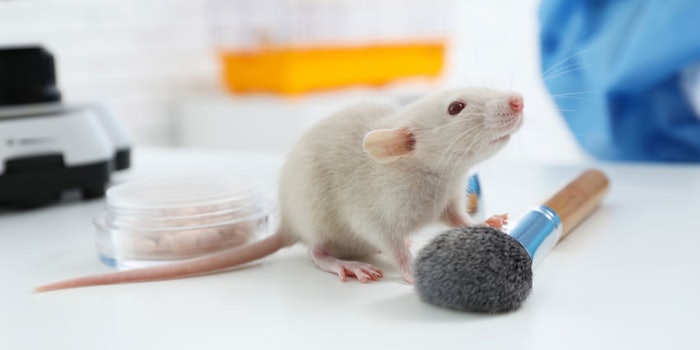
BASF and Givaudan have reportedly developed and validated a toxicology testing strategy to assess skin sensitization without the use of animals. The strategy consists of three alternative methods and is the first of its kind to be approved by the OECD (Organization for Economic Co-operation and Development).
Related: UK Government to Certify Cosmetics for Animal Test Exemptions in China
In addition to the three-part sensitization test, the new Kinetic Direct Peptide Reactivity Assay was approved by the OECD, which allows researchers to predict, also without animal testing, how intense an allergic reaction is. The latter intensity assay complements the sensitization tests.
In principle, per the companies, this approval has opened up the possibility of approvals for entire testing strategies in other areas, such as eye irritation effects or effects on the hormone system.
“For more than 10 years, we have been working toward this goal,” said Robert Landsiedel, Ph.D., vice president of special toxicology at BASF. “We have taken a big step forward. Now we can also use alternative methods to answer more complex toxicological questions without animal testing.
"To replace animal testing, one alternative method is not enough when it comes to skin sensitization. To assess skin sensitization, which is caused by a complex process in the organism, we need a combination of three methods. With the results from these three tests, scientists can predict whether a substance will cause an allergic reaction in humans.”
Andreas Natsch, Ph.D., head of in vitro molecular screening at Givaudan, added, “This strategy has a better predictivity for human allergy risks as compared to traditional animal testing."
“We haven’t done it all alone, of course," said Susanne Kolle, Ph.D., lab team leader at BASF. "Over the past 10 years, various companies and scientific institutions such as the Institute for In Vitro Sciences (IIVS) have worked with us to validate the individual methods of the strategy. We have trained laboratories around the world on how to use these methods to generate accurate results. The more laboratories join in, the more we can reduce animal testing in the future.”
“By demonstrating that results are reproducible and predictive, trust in replacements of animal tests is growing,” added Roger Emter, Ph.D., who developed one of the underlying methods at Givaudan.
Previously: 'Ordinary' French Cosmetics Become the First to Bypass China’s Animal Testing Mandate
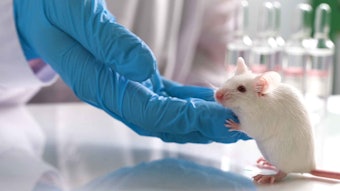
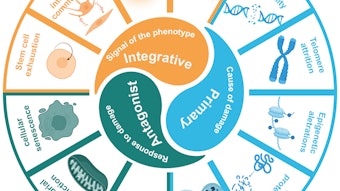


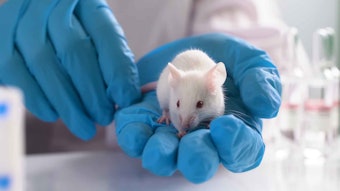
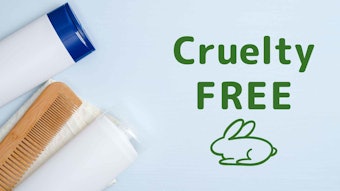
![A 2019 petition to the House of Commons stated, 'We, the undersigned residents of Canada, draw the attention of the House of Commons ... [that] animal testing is unnecessary to prove the safety of cosmetic products.'](https://img.cosmeticsandtoiletries.com/files/base/allured/all/image/2023/01/animal_testing_ban_canada_dreamstime_m_215632720.63d313232306d.png?auto=format%2Ccompress&fit=crop&h=191&q=70&rect=0%2C73%2C1800%2C1013&w=340)
